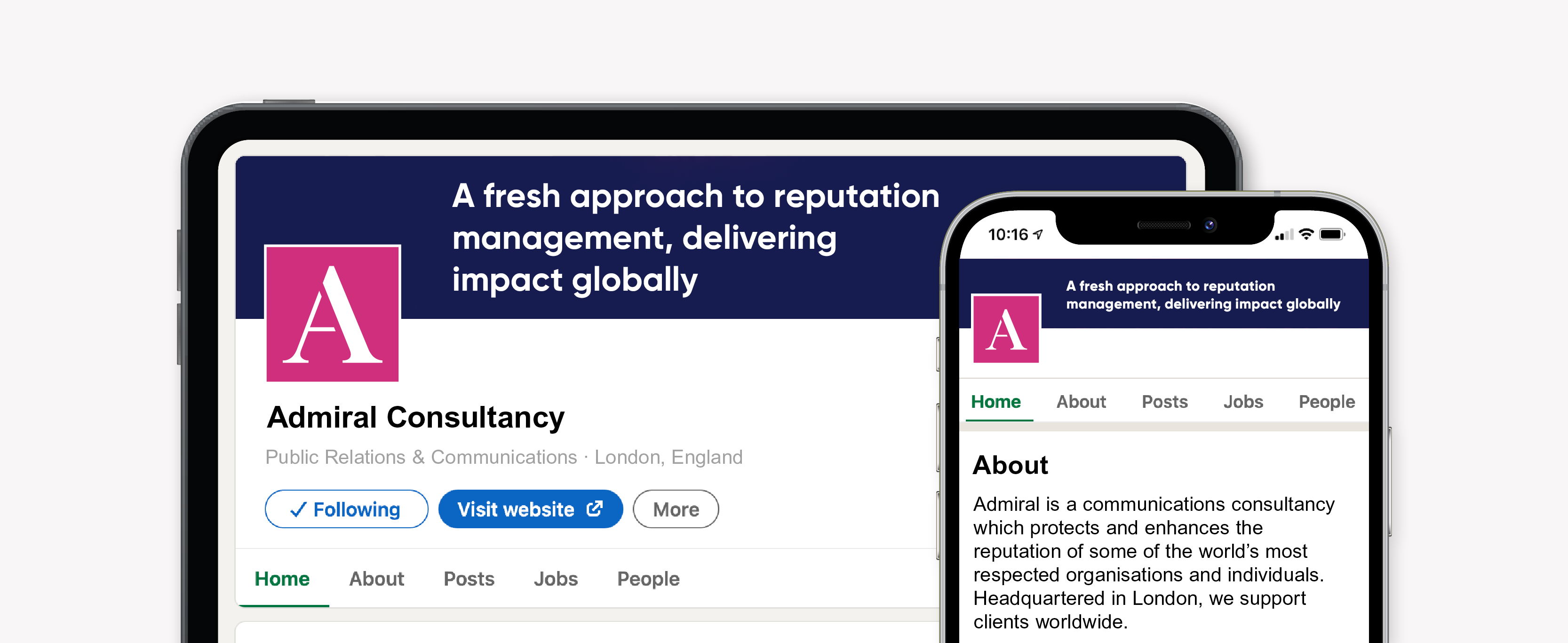
Jemima Khan described Peter Mandelson yesterday as ‘one of the most odious, self-satisfied, misogynistic men I have ever met’. As insults go, it may not be in the top division. It probably will never rival the acerbic comments of the great wits of the century like Winston Churchill, Oscar Wilde or Nancy Astor whose finely honed quips are preserved in the National Dictionary of Quotations and anthologies of wit and humour to be found beside lavatories everywhere.
Jemima may not have intended her words to be preserved in such a fashion but, by choosing to express herself through the medium of Twitter, she broadcast 147 characters to her followers and, through the ripple effect that typifies cyber communication, to millions of others, finally finding them produced in print on the pages of a national newspaper this morning. She may have written her words on impulse but, like it or not, they are out there now, and there they will stay.
You see, Twitter presents us with a dichotomy: immediate permanence. Applauded for its immediacy, spontaneity and informality, the social media platform also provides a permanent log, preserving the random thoughts of millions of people. Even when a tweet is deleted, it is still on record because somebody somewhere made sure it was. Ask the football industry, where tweets are frequently withdrawn, but nonetheless remembered. The Twitter Dichotomy needs addressing but not just by celebrities whose reputations might be tarnished; as a medium favoured by business, Twitter presents reputational challenges for company managers as well. If a disaffected customer tweets a complaint it can be seen by all the company’s followers and, pretty soon, by many potential customers as well. And although it is desirable to promote relationships and interaction with customers through Twitter, company bosses do not want to see a squabble developing in full public glare. For an astonishing Twitter bickering session between Cineworld and a disgruntled customer, take a look at this: https://twitter.com/AlanBishop85/status/326722006869479424 which appeared earlier this week.
We advise clients to use Twitter as a signposting tool as much as a means of engagement, encouraging people to look at a blog, a website or a link. By the same token, we advise clients to apologise immediately for any error but when it comes to an exchange of personal information, to move the discussion from Twitter to direct mail. For this strategy to be effective, Twitter accounts need to be monitored regularly and responded to immediately. For many companies the job is assigned to a delegated individual or team, depending on the size of the business, and obviously other social media platforms are affected to some extent by similar issues so the management of Facebook, Google+, Linkedin and others are best included within that portfolio.
Remember first impressions count. When Nancy Astor said to Winston Churchill, “Sir, you’re drunk!” he replied, “Yes, Madam, I am. But in the morning, I will be sober and you will still be ugly.” No company wants a prospective new customer’s first impression of them to be a squabble between an angry customer and a customer services worker broadcast in detail on Twitter. Or worse still, a complaint being ignored.
